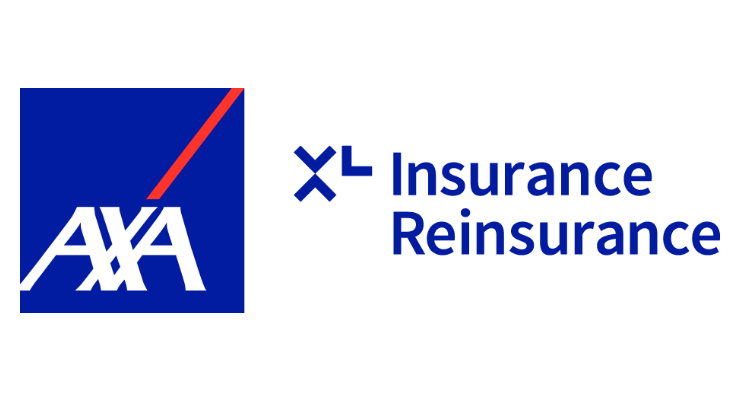
According to recent analysis by CI&T, a global artificial intelligence (AI) and tech acceleration partner, and Reuters Events, poor data quality tops the list of the biggest obstacles for AI transformation in the UK.

The report draws on original UK survey data and real-world case studies, and aims to uncover the opportunities in AI for insurers. However, it also aims to divert the market discussion, which focuses on technology capabilities.
The findings show that data fragmentation, unstructured formats, and siloed systems are the real roadblocks to delivering faster, more accurate underwriting and pricing.
Another factor was efficiency over personalisation, with only 15% of claims leaders believing greater personalisation will significantly improve customer satisfaction, compared with 41% prioritising streamlined internal processes and 39% favouring a blend of digital and human touchpoints.
Notably, 60% of claims leaders believe AI-led efficiency will be crucial to offset rising claim costs and premiums. However, the report also states insurers are adopting generative AI cautiously, testing in “sandbox environments” to mitigate risks such as hallucinations, bias, and data privacy breaches.
CI&T claimed that working in close quarters with Mitsui Sumitomo (part of Asia’s largest insurance group) saved £800,000 annually and cut quotation times by 54% through strategic modernisation.
The firm also stated that a leading Brazilian insurer cut SME onboarding time by 46% and achieved a 26% fraud denial rate, automating 2.2 million claims.
Mike Young, Vice President, Insurance Industry Growth, CI&T, commented, “AI’s success in insurance won’t be determined by how advanced the algorithms are, but by the quality and accessibility of the data that feeds them. This research shows UK insurers are ready to innovate—but they need to get their data house in order first.”
With deep experience in the insurance sector, CI&T has helped insurers modernise legacy systems, improve customer journeys, and achieve measurable operational gains.






